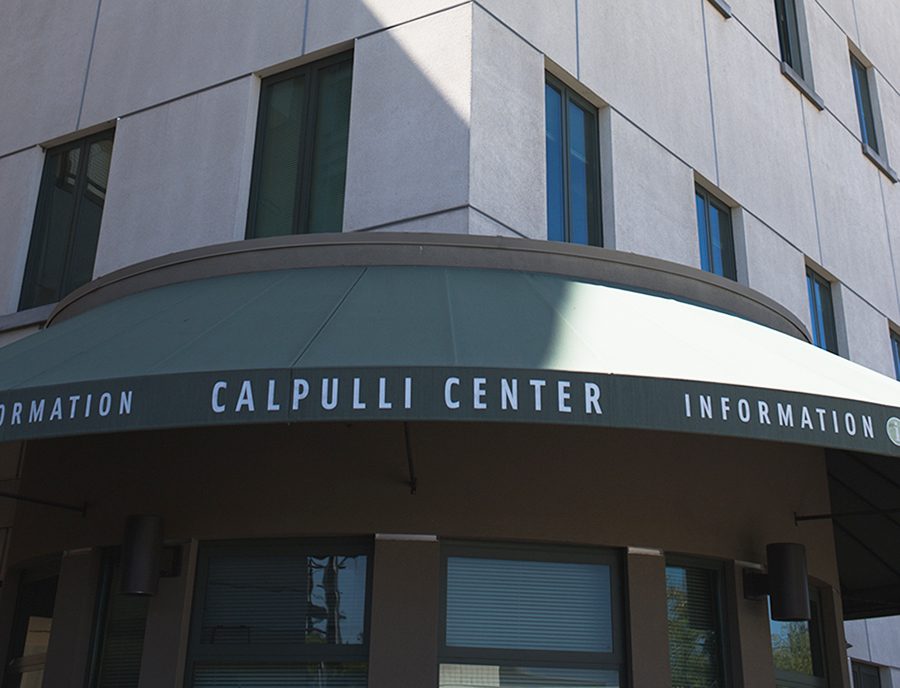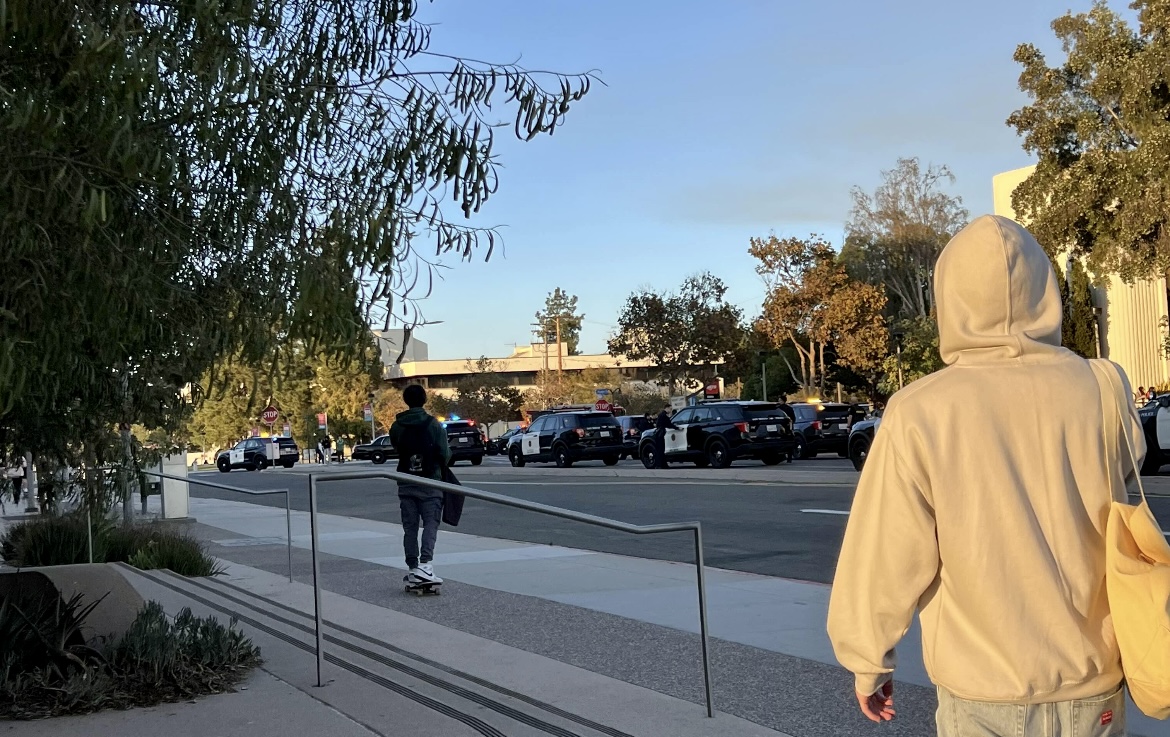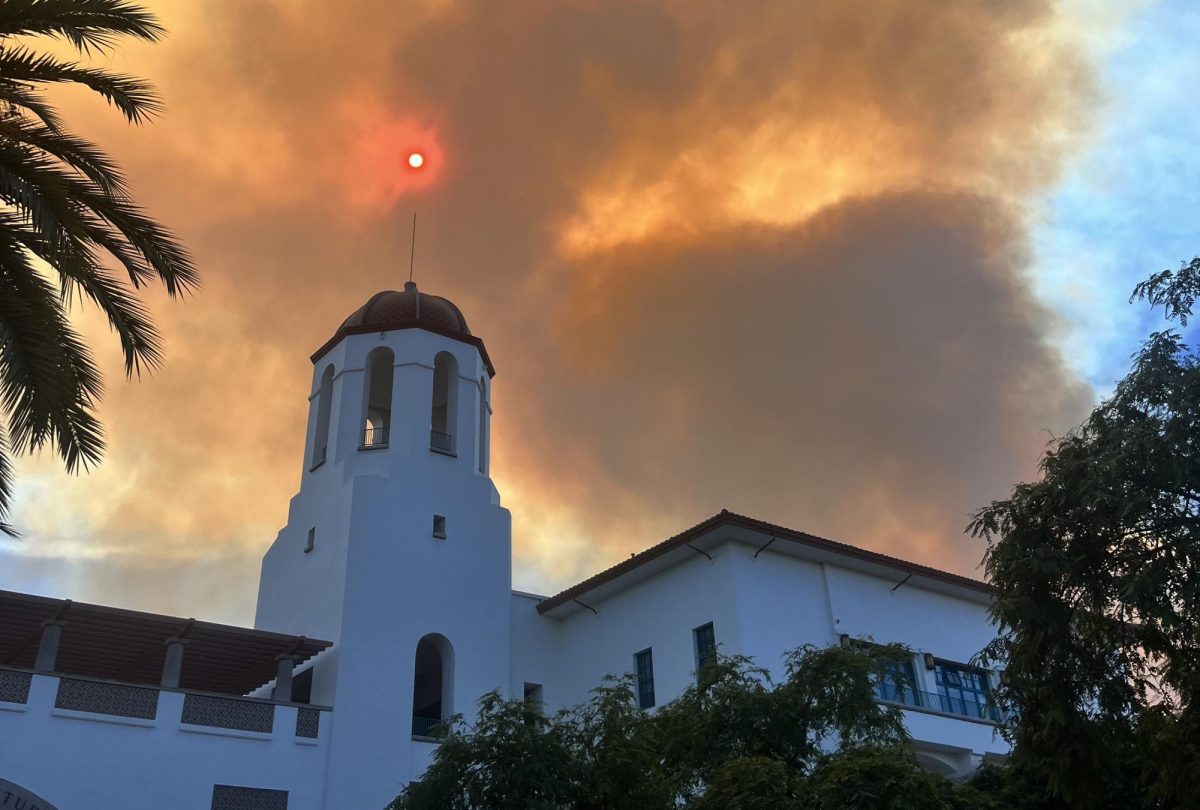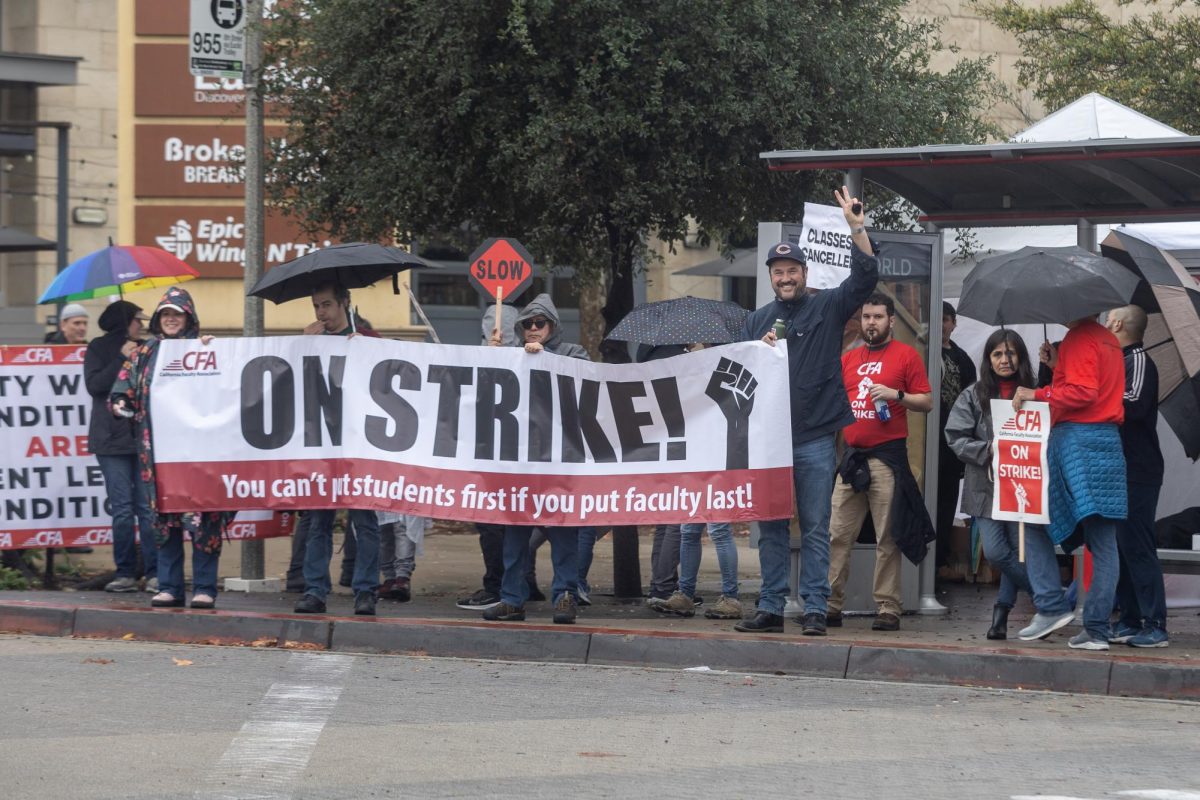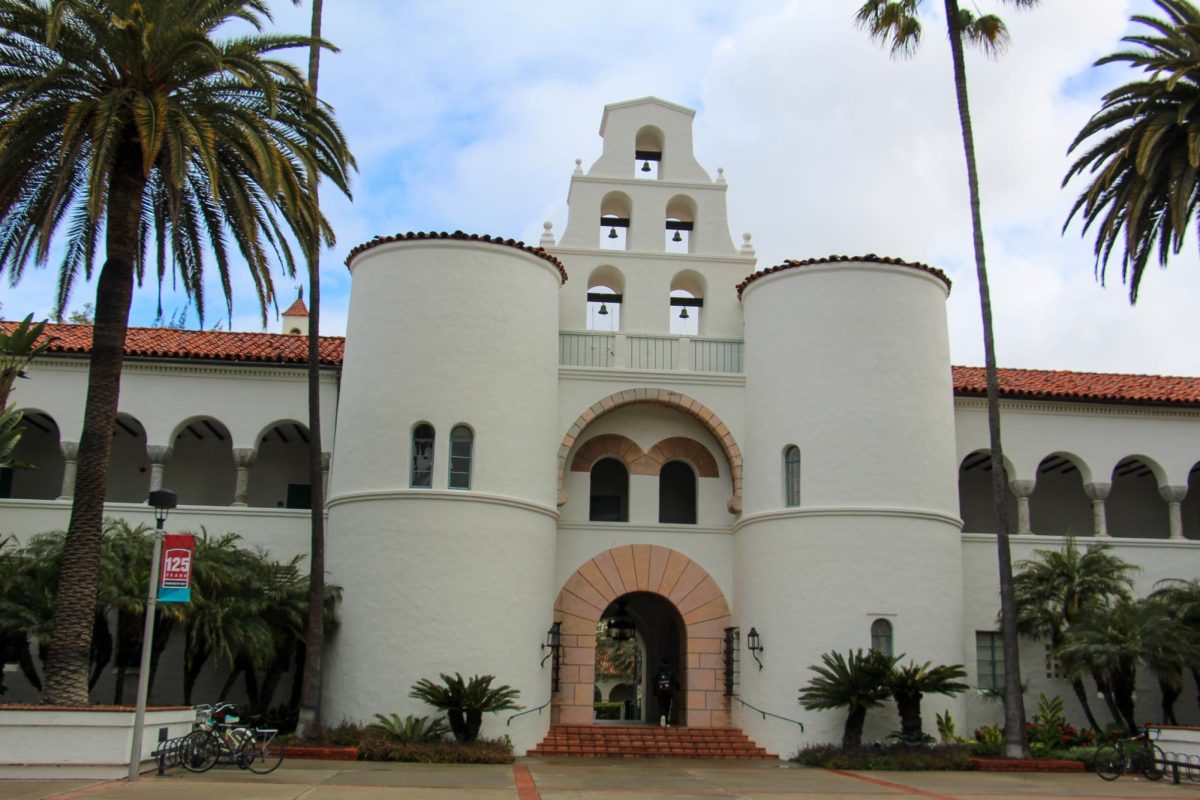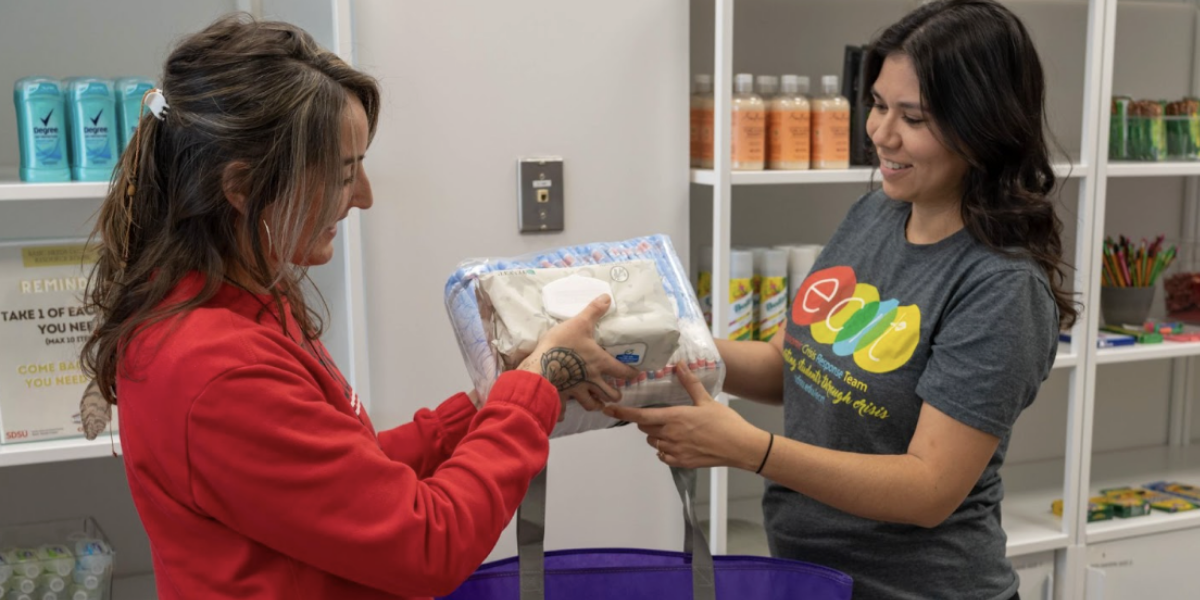University officials on Wednesday were warning students who participated in recruitment activities for the College Panhellenic Association this week to get preventative treatment after a student contracted meningococcal meningitis.
The student, who was not named, was being treated at a local hospital Wednesday after being diagnosed with the bacterial illness, officials said in an email to the campus community.
Students who participated in formal recruitment activities for the Panhellenic Association between Sept. 1-3 were recommended to receive preventative treatment, often offered in the form of a pill. Student Health Services which will offer the treatment on between noon and 5 p.m. on Thursday, Sept. 6, and between 10 a.m. and 4 p.m. on Friday, Sept. 7.
The treatment is recommended regardless of prior immunization for meningococcal disease, officials said.
Anybody who may have contracted meningitis after coming into contact with the infected person likely will experience symptoms before Friday, Sept. 14, university officials said.
The last time meningitis made an appearance at SDSU was nearly a year ago in November 2017, when three students were diagnosed viral meningitis, the most common form. The more deadly bacterial form of meningitis killed an SDSU student in 2014.
Student Health Services Medical Director Cynthia Cornelius said in the email that the disease can progress in as little as 12 hours, making “prompt diagnosis and treatment” critical.
“The early symptoms usually associated with meningococcal meningitis include high fever, severe headache, stiff neck, rash, nausea, vomiting and lethargy, and may resemble the flu,” Cornelius said.
Students who live in residence halls are at the most risk for the illness, Cornelius said.
“Further research released by the Centers for Disease Control and Prevention (CDC) shows freshmen living in dormitories have a sixfold increased risk for meningococcal meningitis compared to college students overall,” Cornelius said in the campus-wide email.
The vaccine that helps to prevent meningococcal disease is not one of the three vaccines required in order to attend SDSU, but the Student Health Services website says it’s recommended for students who live in residence halls to get the vaccine. Student Health Services offers two different vaccines to address meningococcal disease in their facilities.
Certain behaviors may also make people more susceptible to acquiring the disease.
“Bacterial meningitis may be transmitted via direct contact with oral secretions, through the air via sneezed or coughed droplets of respiratory secretions, or even through speaking closely face-to-face,” Cornelius said. “Examples of direct oral contact include sharing items, such as cigarettes or drinking glasses, or through intimate contact such as kissing.”
Members of the campus community who need more information were asked to call SDSU Student Health Services from 8:30 a.m. to 4:30 p.m. at (619) 594-4325 and press “1” to reach one of the registered nurses or call San Diego County Public Health Services’ epidemiology division at (619) 692-8499.




